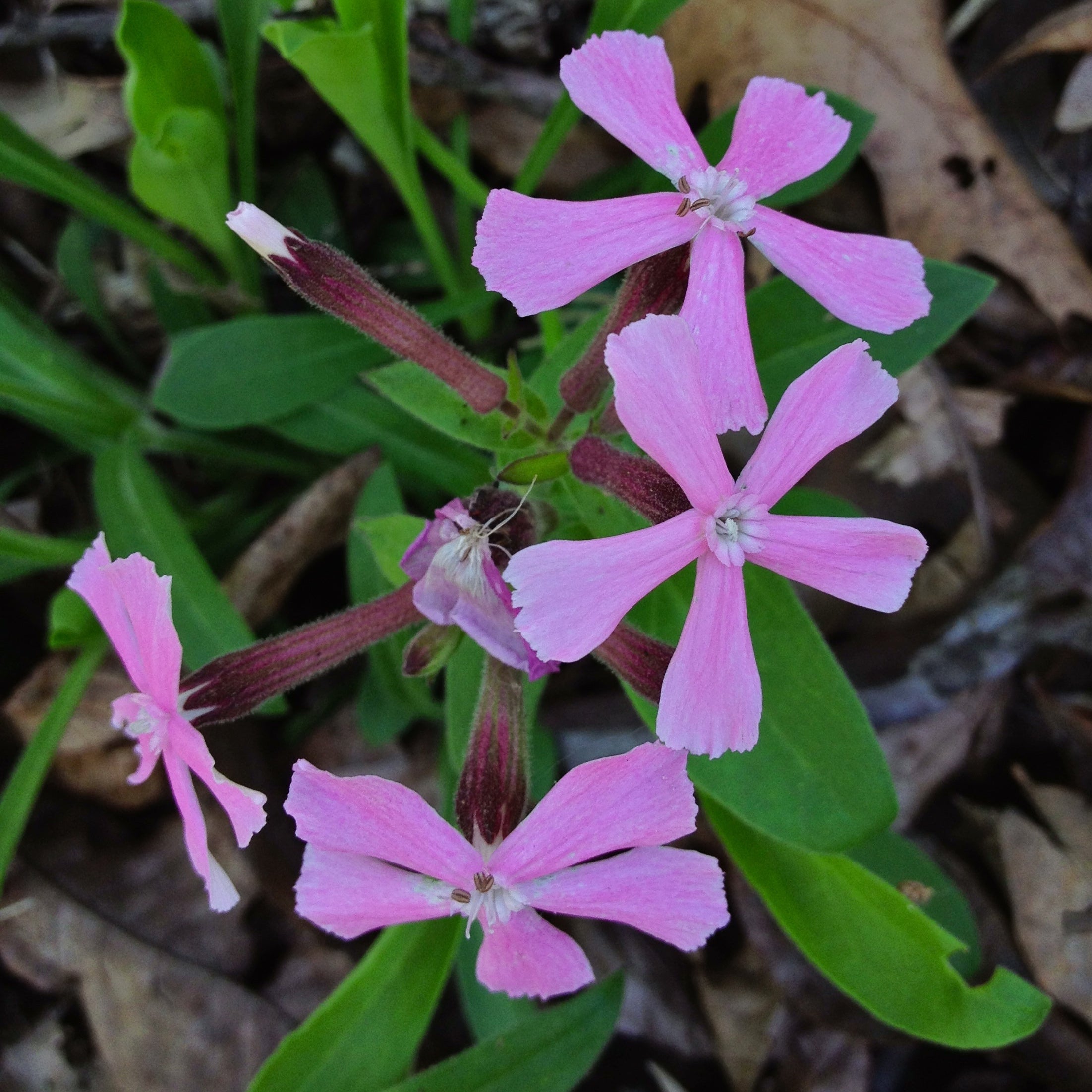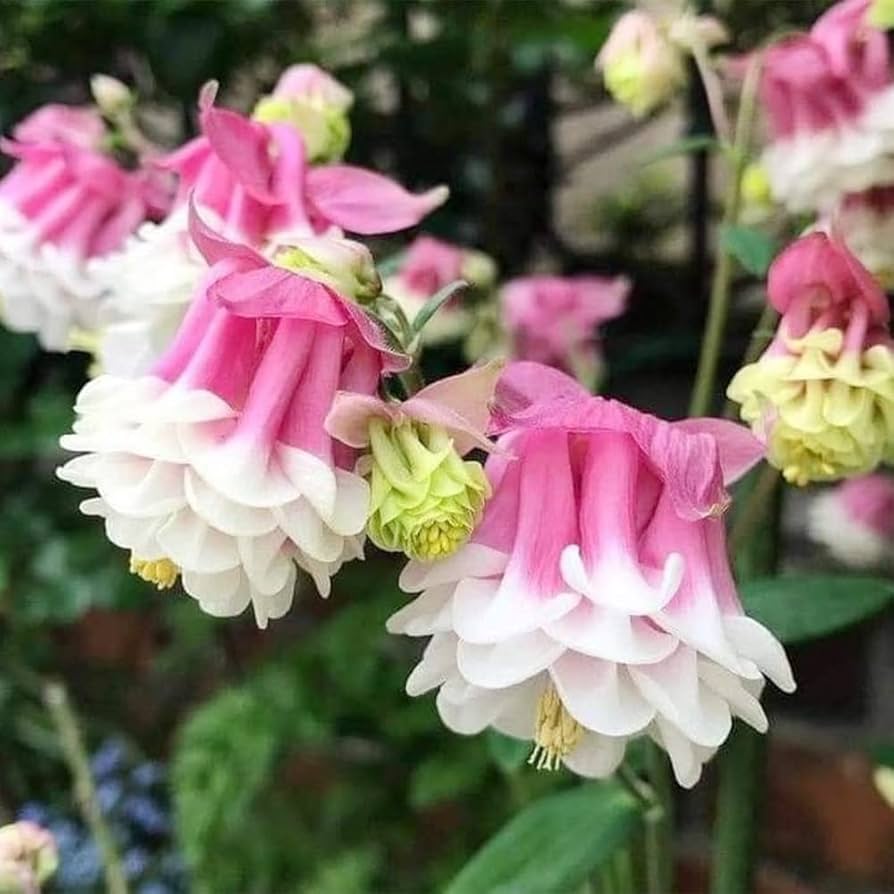Choosing the right seeds is the first—and perhaps the most important—step in a successful garden. Whether you're planting vegetables, fruits, herbs, or flowers, understanding the difference between organic and hybrid seeds helps ensure a garden that aligns with your growing goals, values, and the environment.
In this guide, we break down the key distinctions between organic seeds and hybrid seeds, so you can make confident, informed choices for your home garden.

What Are Organic Seeds?
Organic seeds come from plants that are grown and harvested according to organic farming standards. These seeds are produced without synthetic pesticides, herbicides, or chemical fertilizers. They are non-GMO and nurtured in soil that promotes biodiversity and soil health.
Characteristics of Organic Seeds:
-
Grown without chemical treatments
-
Adapted to organic gardening conditions
-
Preserved from open-pollinated plants
-
Ideal for eco-conscious, sustainable gardening
Many heirloom seeds also fall into this category, passed down through generations and valued for their flavor, resilience, and open-pollination traits.

What Are Hybrid Seeds?
Hybrid seeds are the result of controlled cross-pollination between two different plant varieties. This process is done manually by plant breeders to produce a seed with specific desired traits, such as improved disease resistance, uniformity, or faster growth.
Characteristics of Hybrid Seeds:
-
Created by crossbreeding two parent plants
-
Often labeled as F1 hybrid seeds
-
Known for higher yields and uniform appearance
-
May not produce true-to-type offspring if seeds are saved
Hybrid seeds are not genetically modified (GMOs), but they are not considered organic unless the parent plants were grown organically and the seed is certified as such.
Key Differences Between Organic and Hybrid Seeds
| Feature | Organic Seeds | Hybrid Seeds |
|---|---|---|
| Source | From organically grown plants | From cross-pollinated parent varieties |
| Chemicals Used | No synthetic chemicals | Parent plants may be chemically treated |
| Genetic Modification | Non-GMO | Non-GMO |
| Seed Saving | Can be saved and replanted | Usually don’t grow true in next generation |
| Cost | Slightly higher due to certification | Often more affordable and widely available |
| Ideal For | Organic gardening, sustainability | Commercial growers, high-yield gardening |

Which Should You Choose?
The decision between organic vs hybrid seeds depends on your gardening philosophy, goals, and growing conditions.
Choose Organic Seeds if:
-
You want a chemical-free garden from seed to harvest
-
You practice composting and natural pest control
-
You prefer open-pollinated or heirloom varieties
-
You want to save seeds for future seasons
Choose Hybrid Seeds if:
-
You need crops with high productivity or disease resistance
-
You are growing in less-than-ideal climates or soil
-
You prioritize uniform size and shape for commercial selling
-
You’re okay with buying new seeds each season
Many gardeners use a mix of both—organic seeds for leafy greens, herbs, and flowers, and hybrid seeds for high-yield crops like tomatoes, cucumbers, and melons.
Final Thoughts
Understanding the difference between hybrid and organic seeds empowers you to grow smarter and healthier. Organic seeds offer a sustainable, eco-friendly option rooted in biodiversity and tradition. Hybrid seeds provide performance, consistency, and resilience for more challenging conditions.
At PureAsiaSeeds.com, we offer a wide range of both organic and hybrid seeds to match every grower's needs—whether you're starting a balcony herb garden or cultivating a productive vegetable patch.








